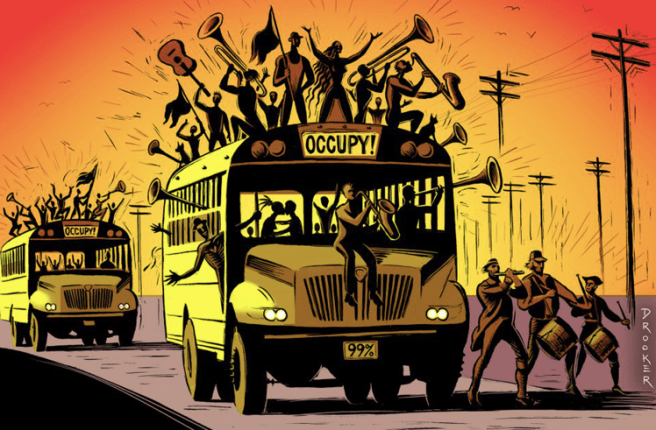The summer issue of the Journal of Economic Perspectives will feature a collection of articles on inequality and the top 1%, some of which are now being circulated by the authors.
The paper by Tony Atkinson and his coauthors, “The top 1 percent in international and historical perspective,” is available in this post, and “The Pay of Corporate Executives and Financial Professionals as Evidence of Rents in Top 1 Percent Incomes,” by Josh Bivens and Lawerence Mishel, is available on the Economic Policy Institute website.
Greg Mankiw has also posted a copy of his paper, “Defending the One Percent“, on his blog.
My contribution to the collection is based on the notion that the inequality literature has paid little attention to the intergenerational consequences of increasing top income shares, and it can be read as a counterpoint to Mankiw’s piece, or at least to his claim that inequality of opportunity is not a reason to worry about the top 1%.
Here is the final draft: Income Inequality, Equality of Opportunity, and Intergenerational Mobility. But if you just want a quick read, an excerpt from the conclusion follows. Either way, feedback is—as always—welcomed.
[NOTE added December 10, 2013: the published version of this paper is available from the American Economics Association website for the Summer 2013 issue of the Journal of Economic Perspectives, as is the table of contents for the entire issue.]
Continue reading “Income Inequality, Equality of Opportunity, and Intergenerational Mobility”


